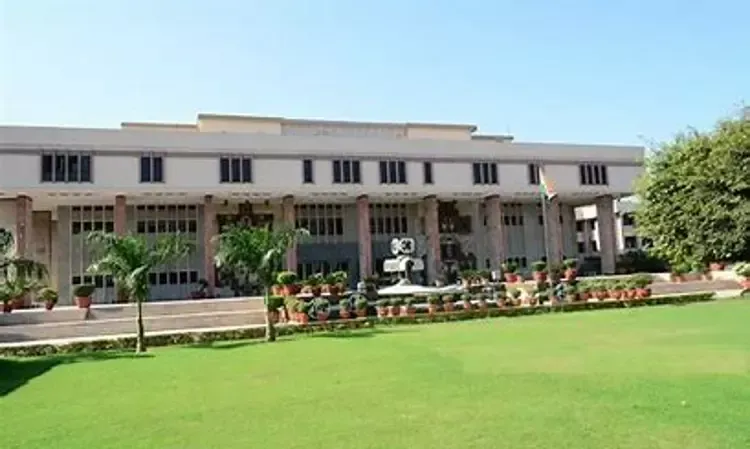Arbitral Tribunal's Role as Final Decision-Maker
The Delhi High Court emphasized that arbitral tribunals are the final decision-makers on disputes, with judicial interference limited to cases where the tribunal's decision is deemed perverse or implausible. This principle was reinforced in the case involving the Delhi Skills Mission Society and the Samuel Foundation Charitable India Trust, highlighting that courts should not reassess evidence or override the tribunal's findings unless they fall under specific grounds of challenge, such as patent illegality.
Dispute Over Biometric Attendance and Contractual Obligations
The dispute centered on the Samuel Foundation's compliance with contractual obligations, particularly the maintenance of biometric attendance records for vocational training. The Delhi Skills Mission Society argued that the foundation failed to uphold these obligations, thus forfeiting its claim to training costs. However, the arbitral tribunal found that the foundation's temporary reliance on manual attendance, due to technical issues with the biometric system, did not negate its entitlement to compensation.
Court's Limited Role in Evaluating Arbitration Awards
The High Court reiterated that the role of the judiciary under Section 34 of the Arbitration and Conciliation Act, 1996, is not to re-evaluate or substitute its judgment for that of the tribunal. Judicial intervention is warranted only if the award is irrational, patently illegal, or against public policy. In this case, the court upheld the arbitral award, stating that the tribunal had made a reasonable decision based on the circumstances, including the temporary issues with the biometric system and the reconciliation of manual and biometric records.
Ensuring Fair Compensation
The tribunal's decision to reject the appellant's conditional payment offer was upheld, as the offer was deemed unfair. The High Court supported the tribunal's approach to ensure fair compensation for the training services provided by the foundation, further underscoring the principle that arbitral awards should be honored unless they clearly contravene the legal framework.
Conclusion
This ruling reinforces the judiciary's stance on maintaining the autonomy of arbitral tribunals and limiting court interference to exceptional cases. It underscores the importance of upholding arbitration as a viable alternative dispute resolution mechanism, promoting finality and efficiency in resolving commercial disputes.










0 Comments
Thank you for your response. It will help us to improve in the future.